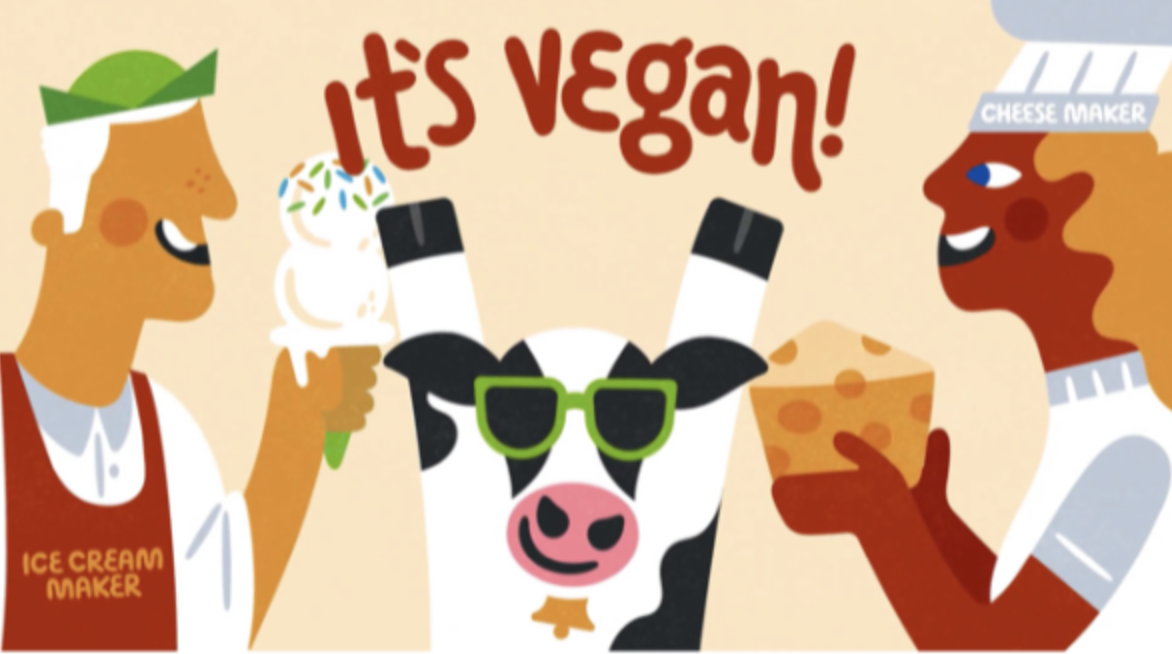The dairy industry awaits a paradigm shift as a growing number of consumers question their daily intake of animal-derived products, including meat, eggs and milk, over concerns about their own health, environmental damage and animal welfare.
Related Post
Gut glory
The gut is your brain Dietary fibre is well accepted as an important part of the diet and can exert a long range of health benefits, such as reducing plasma cholesterol, decreasing blood pressure, as well as decreasing the risk of cardiovascular diseases. It has been well documented that dietary fibres play a key role […]
CONFLICTING ALIGNMENT & DISRUPTIVE CHOICES
Health and environmental agendas are not always aligned with the current dietary recommendations. For example, in affluent countries, the recommended amount of meat consumption is significantly less than current consumption levels. People are encouraged to eat more vegetables, fruits, wholegrain, low-fat dairy products, and omega-rich seafood. However, they instead consume more hyper-processed foods containing hidden […]
SALT: NOT A SWEET STORY Part 2
Prominent world societies like those in the UK, US, and China are consuming dangerous levels of sodium. In China, most of the salt is added while preparing and cooking their own meals. Eating lots of processed foods and “compulsive-eating snacks” -also classified as junk foods- can become addictive. Salt and fat are especially pleasing to […]
The World in Transition: Cleaner Consumption (Part 2)
In the previous issue, protein technology expert Henk Hoogenkamp discussed why global ecosystems need a reimagining of food systems to operate within nature’s boundaries. For Part 2 in this series, Henk continues to discuss how the food industry needs to transform and revolutionalise the way food is produced. Post Views: 81
SALT: NOT A SWEET STORY
Sodium reduction in food products can be challenging. Salt (sodium chloride) is a highly functional ingredient. It not only makes food taste better, but it also allows a clean label, binds water, inhibits microbial growth, and costs cheap. Sodium in foods comes from multiple sources like bread, pastry, coatings (batters/ breading), canned soups, brines, and […]
The artificial intelligence of fast food
AI and machine learning algorithms will continue to grow rapidly Well-being, health, great taste, clean labels, and ecological sustainability are today’s key drivers influencing food purchase in affluent societies. This is especially true for the un- der-30-age consumers. Knowing all these wants and needs, the food industry is expected to undergo disruptive transition cycles with […]

